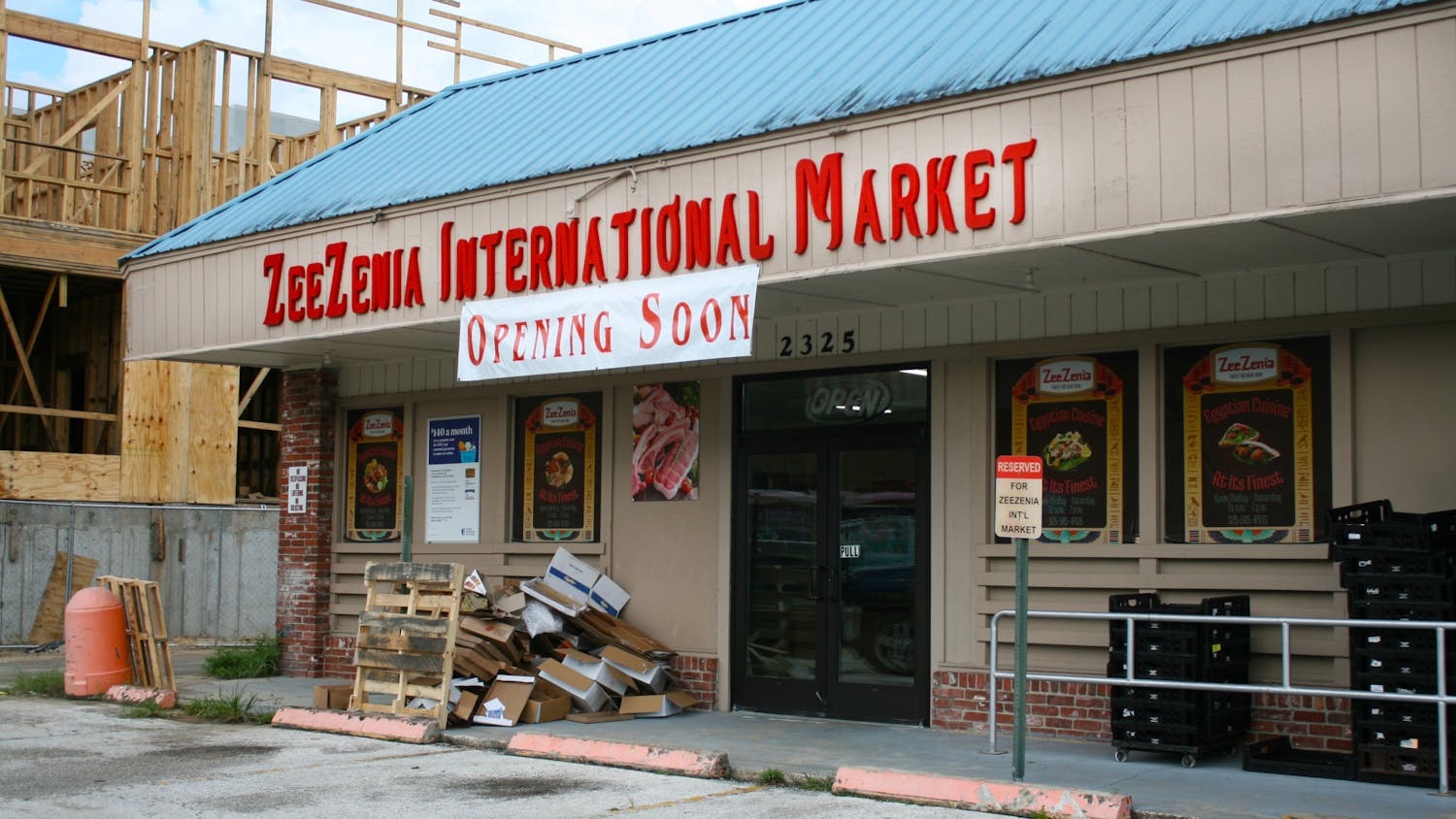The tragic events in Syria have dominated the news as of late. Thousands of people have died in this conflict. The world is wondering whether the American government will intervene.
According to recent leaks, the United States government seems ready to launch three days’ worth of cruise missiles at Syria.
According to the Washington Post, “President Obama is weighing a military strike against Syria that would be of limited scope and duration, designed to serve as punishment for Syria’s use of chemical weapons and as a deterrent, while keeping the United States out of deeper involvement in that country’s civil war, according to senior administration officials.”
Before we start beating the drums of military intervention, we have to address many unanswered questions.
What message is America sending to Syrian President Bashar al-Assad? A year ago, President Obama warned Syria’s use of chemical weapons against its own people would cross a “red line” that would trigger “enormous consequences.”
White House spokesman Jay Carney went on to say that Obama’s goal is not a Syrian regime change. Now — a year later — as chemical weapons are confirmed to have been used, Obama retracted his idealism.
Who are our friends in Syria, and what threat does the nation pose to us? America has helped the rebels in Syria by giving them humanitarian aid and weapons. We do not know if we will get the weapons back or who will end up with them. With radical forces hostile to the United States fighting against Assad, should we elevate our enemies to power if we should take down Assad? The country has not declared war on us and has not attacked us directly.
How much will intervention cost? America’s economy is still in poor shape, and the government’s debt continues to rise. Many Americans do not think we should be spending money on a foreign nation while our infrastructure, schools and communities require help.
Why are nations surrounding Syria not intervening? One would think the countries surrounding an unstable nation with confirmed chemical weapon attacks and an overflow of refugees would be intervening in some way.
Turkey once encouraged direct action in Syria but has done no such thing. The oil-rich country of Jordan wants a diplomatic solution to the crisis instead of an attack. The countries seem to be waiting for America to do the dirty work.
Despite the many unanswered questions this predicament holds, we have many “known knowns.” If an American service member is killed while carrying out the air strikes, the conversation will drastically change. The war-weary public will feel the old wounds of Iraq once again.
The second thing we know is the administration does not seem to have an overall plan of action. They were unable to control foreign policy leaks, and they do not have a consistent message to give to Assad. An attack on Syria seems to leave America open for a retaliatory strike from either a Russian warship in the Mediterranean or from Syria’s ally Iran.
The administration lacks an exit strategy. Suppose Obama approves the airstrike and Assad is removed from power — what happens next? Will the country be engulfed in chaos? Will another civil war break out, or will Syria turn into Libya 2.0? Will America be forced to build a nation once again like it did in Iraq?
American foreign policy during the past decade has overestimated our strength and has intervened in the world too much. While America has the strongest military and economy in the world, we are not an invincible nation.
America was not founded 200 years ago to be the police force of the world. If there is no direct threat or gain to our country, we should not be involved. Giving humanitarian aid is one thing — launching cruise missiles is a completely different thing. In order to get our foreign policy back on track, we must render unto Syria what belongs to Syria and not intervene.
Michael Beato is a UF economics sophomore. His column runs on Tuesdays. A version of this column ran on page 7 on 9/3/2013 under the headline "Unanswered questions loom over the big conflict in Syria"





